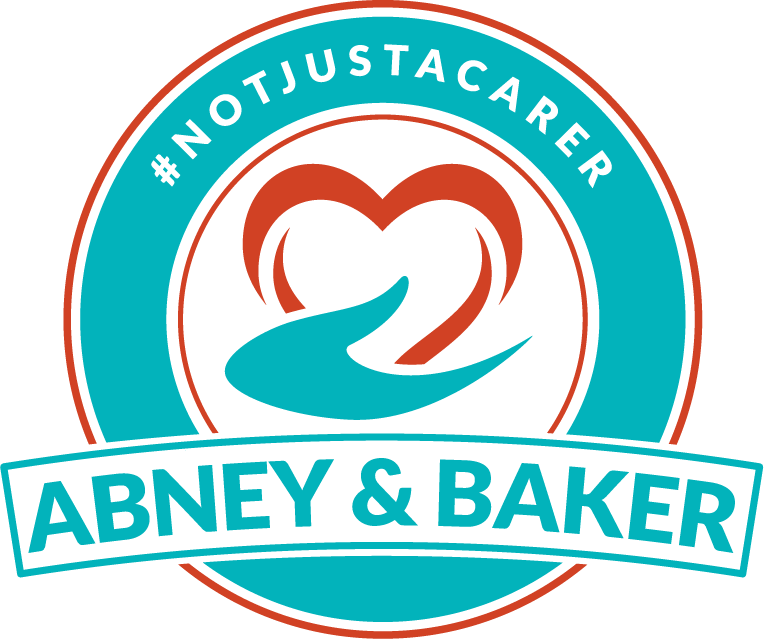The latest advice from NHS states that you should stay at home for seven days if you have Coronavirus symptoms, either:
A high temperature
OR
A new continuous cough
If you are suffering from the above, do not go to your GP surgery, pharmacy or hospital. You do not need to contact 111 to tell them you’re staying home.
If the symptoms last for longer than a week or worsen, possibly including shortness of breath, then you should contact 111 for advice.
What is self-isolation?
Self-isolation is when you need to stay indoors and avoid contact with others. If you need to self-isolate, please follow NHS Advice. It is essential to follow the NHS advice for the whole period, even if you do not have any symptoms.
Do:
✔ Stay at home.
✔ Separate yourself from other people – for example, try not to be in the same room as other people at the same time.
✔ Only allow people who live with you to stay.
✔ Stay in a well-ventilated room with a window that can be opened.
✔ Ask friends, family members or delivery services to carry out errands for you, such as getting groceries, medicines or other shopping.
✔ Make sure you tell delivery drivers to leave items outside for collection if you order online.
✔ Clean toilets and bathrooms regularly.
✔ Think about a bathroom rota if a separate bathroom is not available, with the isolated person using the facilities last, before thoroughly cleaning the bathroom themselves.
✔ Use separate towels from anyone else in the household.
✔ Wash crockery and utensils thoroughly with soap and water; dishwashers may be used to clean crockery and cutlery.
✔ Stay away from your pets – if unavoidable, wash your hands before and after contact.
Don’t:
✘ Invite visitors to your home or allow visitors to enter.
✘ Go to work, school or public areas.
✘ Use public transport like buses, trains, tubes or taxis.
✘ Share dishes, drinking glasses, cups, eating utensils, towels, bedding or other items with other people in your home.
Self-isolation can be dull and frustrating. You may find your mood and feelings being affected, and you may feel low, worried or have problems sleeping.
There are simple things you can do that may help, such as staying in touch with friends and relatives on the phone or by social media and you may find it helpful to talk to them if you want to.
The NHS provides some useful information on mental health self-help support and resources.
Helping you to continue living independently and confidently in your own home.
By providing a range of support at home, we’re helping many clients across Bath & North East Somerset and West Wiltshire retain their independence and stay in control in the comfort of their own homes.
Remember we’re always here if you want to chat about your care options. Just get in touch:
Call 0333 043 4880 or email enquiries@abneyandbaker.com

